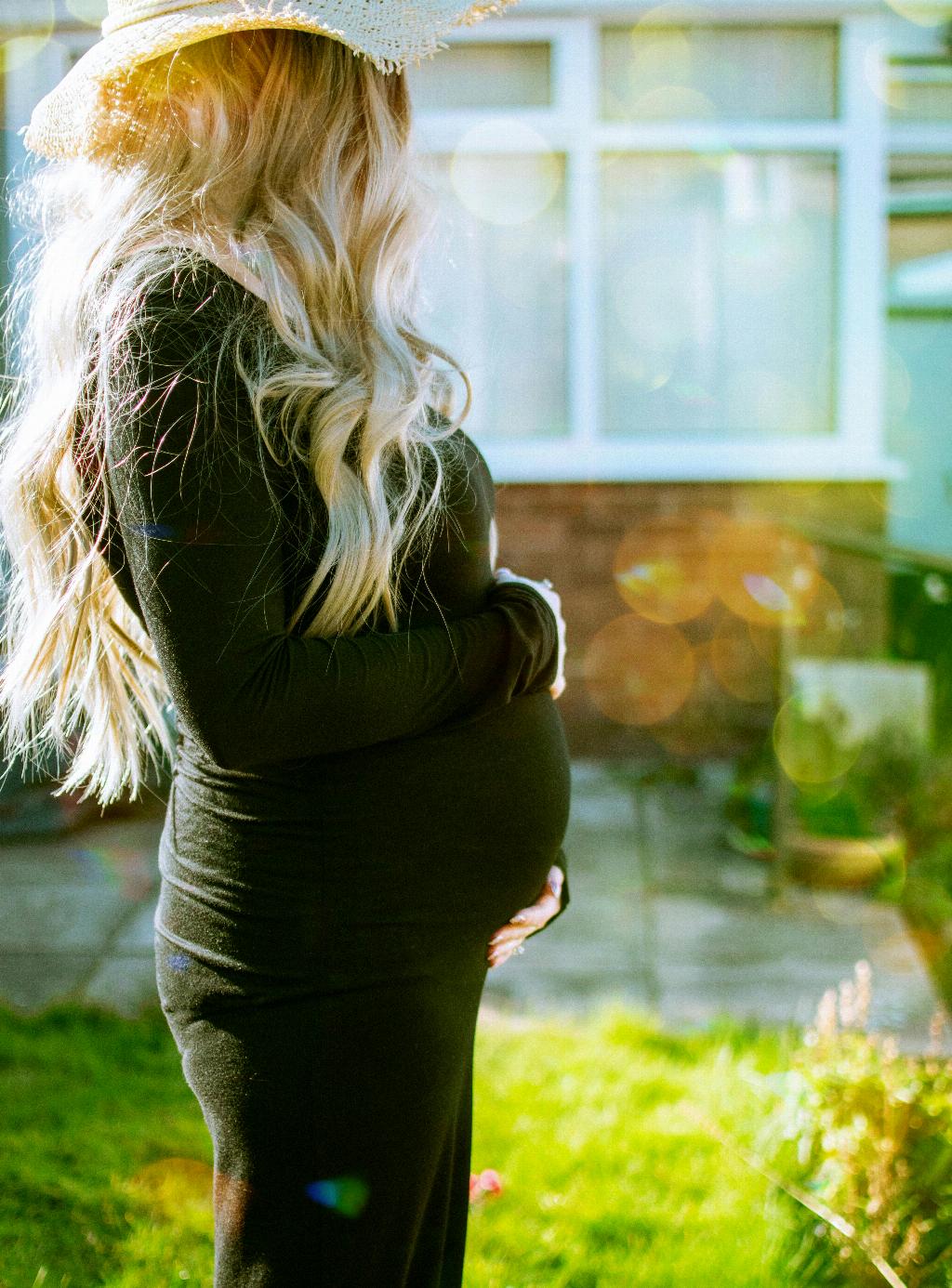During early pregnancy, it is not uncommon to feel thirsty more frequently than usual. This increased thirst can be attributed to the many changes happening in your body as it adapts to support a growing fetus. It is important to understand that feeling thirsty in early pregnancy is typically a normal symptom and is not necessarily a cause for concern.
One of the reasons behind increased thirst in early pregnancy is the hormonal changes taking place. The surge in pregnancy hormones, such as human chorionic gonadotropin (hCG) and progesterone, can impact your body’s fluid balance, leading to a heightened sense of thirst. These hormonal shifts are vital for nurturing the developing embryo and sustaining pregnancy.
In addition to hormonal fluctuations, the increased blood volume in early pregnancy can also contribute to feelings of thirst. Your body is working hard to support the demands of pregnancy, and the additional blood flow requires more fluids to maintain proper circulation. As a result, you may find yourself reaching for water more frequently to quench your thirst.
Furthermore, the changes in your kidneys’ function during pregnancy can play a role in your hydration levels. Your kidneys work to filter waste from your body and regulate fluid balance, which may cause you to urinate more often. This increased urination can lead to dehydration if you do not replenish the lost fluids by drinking more water, hence triggering feelings of thirst.
It is essential to listen to your body’s cues during early pregnancy and stay hydrated by drinking an adequate amount of water throughout the day. While feeling thirsty is generally a normal part of pregnancy, it is crucial to monitor your thirst levels and ensure you are consuming enough fluids to support your body’s changing needs.
However, it is important to note that in some cases, excessive thirst in early pregnancy could be a symptom of gestational diabetes. Gestational diabetes is a condition that can develop during pregnancy, impacting your body’s ability to use and regulate sugar properly. If you experience persistent and extreme thirst, along with other symptoms such as frequent urination and fatigue, it is advisable to consult your healthcare provider for further evaluation.
Overall, feeling thirsty in early pregnancy is a common occurrence and is typically a result of the hormonal, circulatory, and renal changes happening in your body. By staying attentive to your hydration needs and seeking medical advice if you have concerns about your thirst levels, you can navigate the journey of early pregnancy with confidence and care for both yourself and your growing baby.

